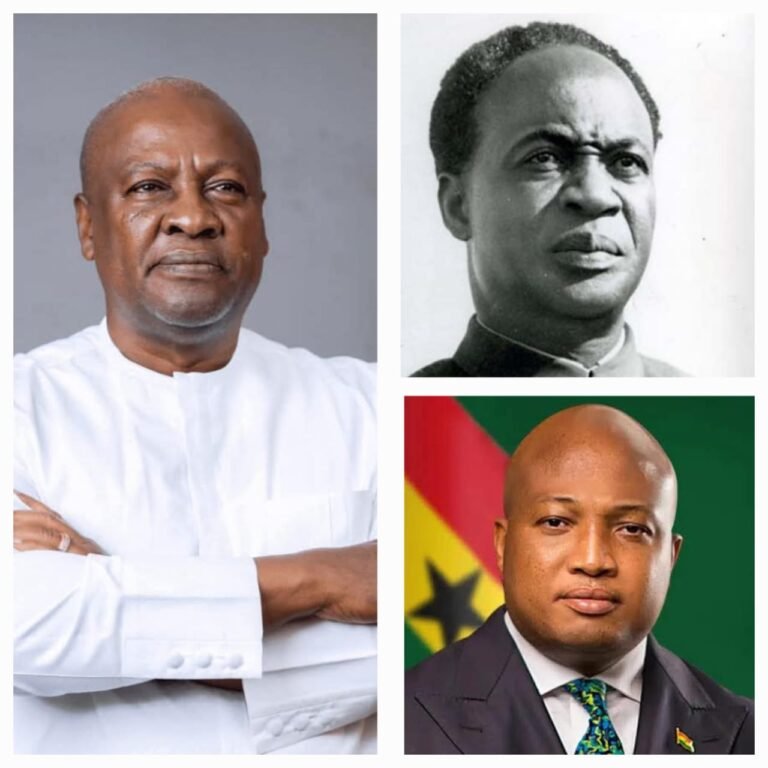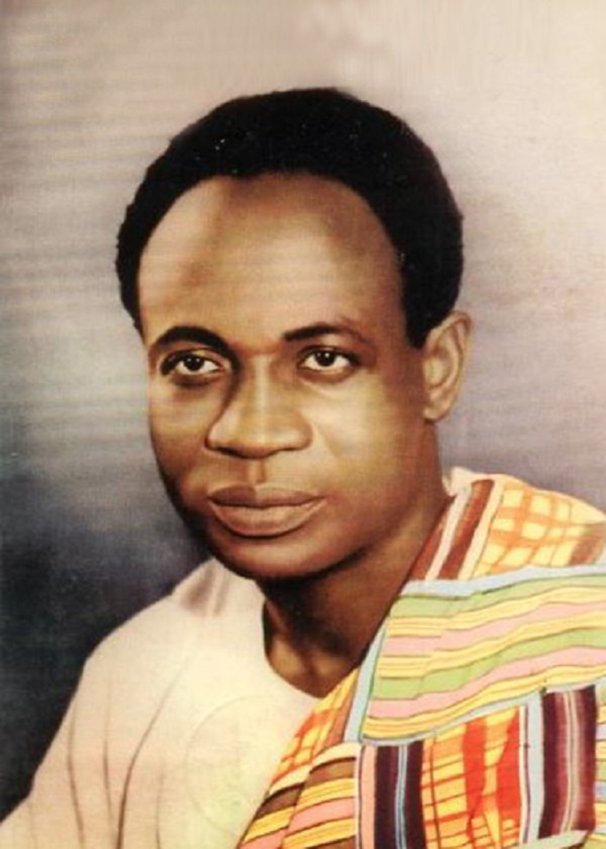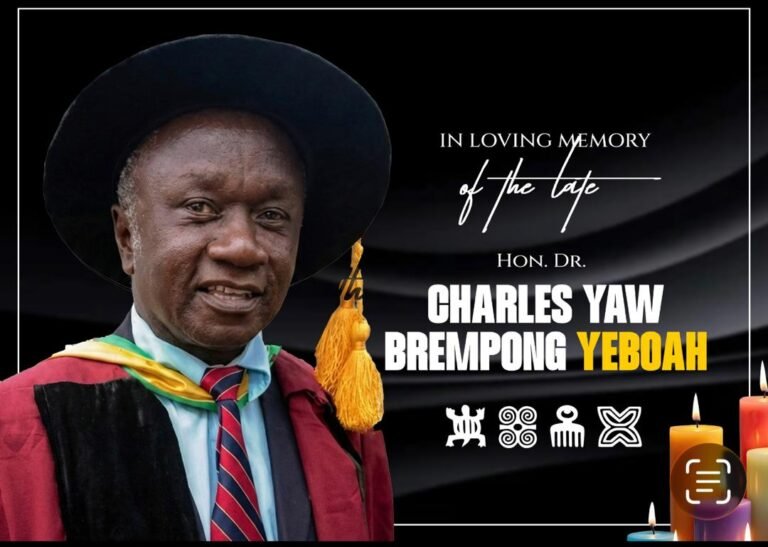
The writer

The current government’s policy of Free Senior High School (SHS) education is a laudably brave and an important step, even if its successes seem unappreciative to the naysayers in opposition.
There were some who described it as a waste; some said it would destroy our Ivy League schools and some also indicated that the policy was going to compromise the quality of SHS education. None of these happened and I am sure they have eggs on their faces now, or should have.
Everything the Akufo-Addo-led government is doing shows its commitment to investing more in education to empower every Ghanaian and meet the human resource needs of the country. I believe that the most efficient way to create a society of opportunities that would guarantee the future of the country was to invest more in education.
The Free SHS policy implemented by President Akufo-Addo’s administration has proved to be a success, and must be sustained as a permanent feature of the educational system.
It is without doubt that the performance of Free SHS students in the West African Senior School Certificate Examination (WASSCE) had shown that the government was upholding quality in the implementation of the policy.
Success story
According to West African Examination Council (WAEC), about 60.39% of students recorded A1-C6 in English this year, as opposed to 51.6% in 2016. In Integrated Science, WAEC said that 62.45% recorded A1-C6 in Integrated Science in 2022, as opposed to 48.35% in 2016, with the 2022 result being a slight regression from the 2021 pass rate of 65.70%.
No wonder President Nana Addo Dankwa Akufo-Addo has described the results of the 2022 batch of students who wrote the West Africa Senior Secondary Certificate Examination (WASSCE) as the “best in the last eight years”.
I couldn’t agree more to fact that the implementation of the policy over past six years had guaranteed a minimum of Senior High School education for 1.7 million Ghanaian children, which is the highest of such enrolment in the history
Truth is, the free SHS policy has helped most Ghanaian youths and most parents who find it difficult to take their wards to senior high school to further their education. As result, the President deserves applause for the good work done in assuaging the suffering of parents.
It is my conviction that the subsequent SHS batch of students would continue the journey of making the nation proud with their examination results in the years to come. As a country, we must come under one umbrella to support the initiative to help better our economy because “Free SHS” is now part of our natural resources.
Surprisingly, most Ghanaians thought the “Free SHS” policy would fail but it has come to enrich learners to give out the best in them. It has further generated scholarship opportunities for brilliant students to study abroad. The positive results of the policy is manifold.
Good concept
We must come to the conclusion that Free education is a good concept. This is because it has given every Ghanaian child, regardless of the economic status of parents, the opportunity to have a secondary education; it is creating a well-informed society and as a result, empowering the citizens to appreciate national policies necessary to propel economic growth and development.
Amidst the challenges facing the Free SHS programme, 60 percent of students who have benefitted from the policy gain access to tertiary education. And the end product of the free SHS tells you that per the policy you are implementing, per the investment that you are doing, it gives you a benchmark value which is about 60 percent plus of students accessing tertiary education.
Then it tells you the policy is good, which needs to be maintained and beefed up, so that you can move to 70 percent plus. There is nothing like a perfect system. All systems will have challenges, it got to do with your ability to be able to deal with the challenges. All policies or the programmes the government is running should cumulatively translate into the results you will see at the end of the day.
And I believe the government has measured the success of this programme using the summative evaluative approach. How do we measure the success of a programme if we don’t evaluate the outcome?
It is, therefore, important that teachers and policymakers of the Free SHS need to be celebrated for the wonderful WASSCE results this year as the performance is far better than the years when there was no Free SHS. I laud your efforts, Mr President. God bless you immeasurably.
The writer is an NSS Personnel at Office of the President, Jubilee House.





